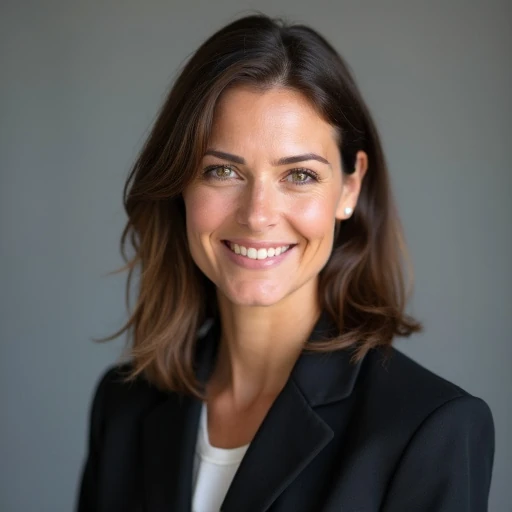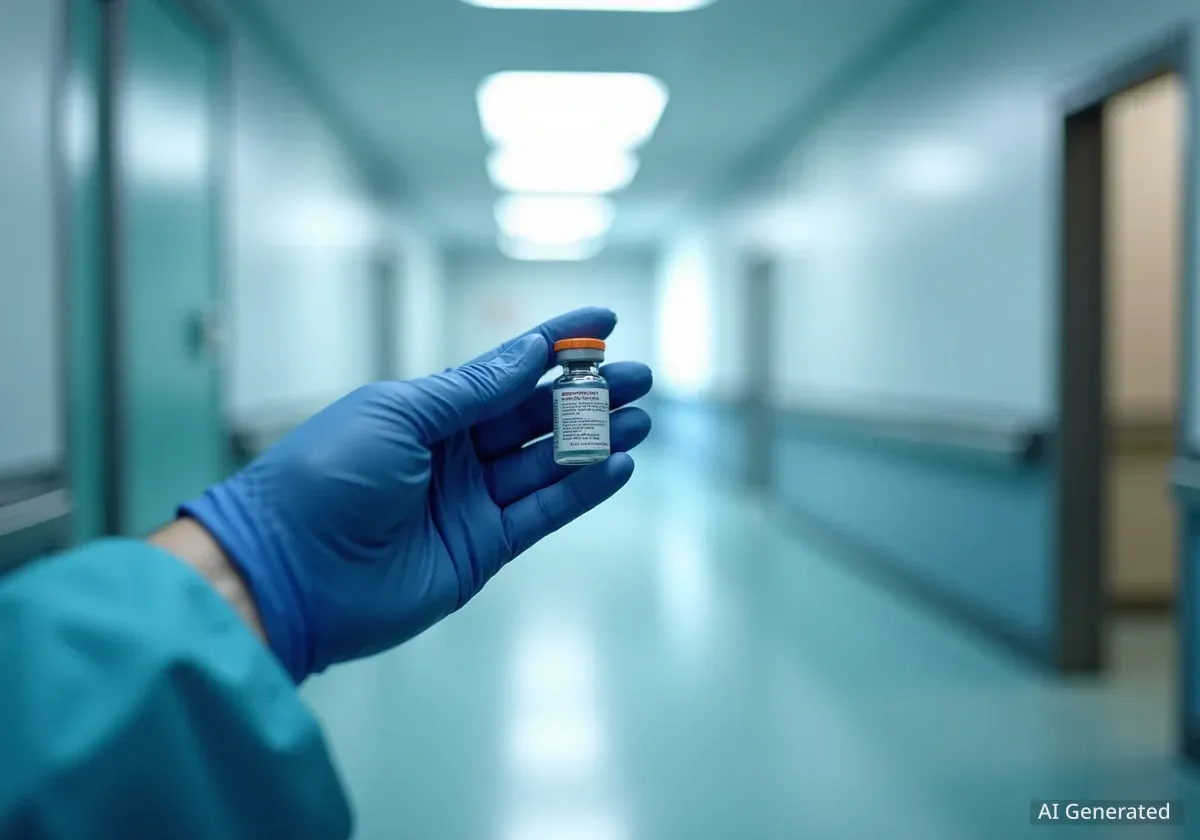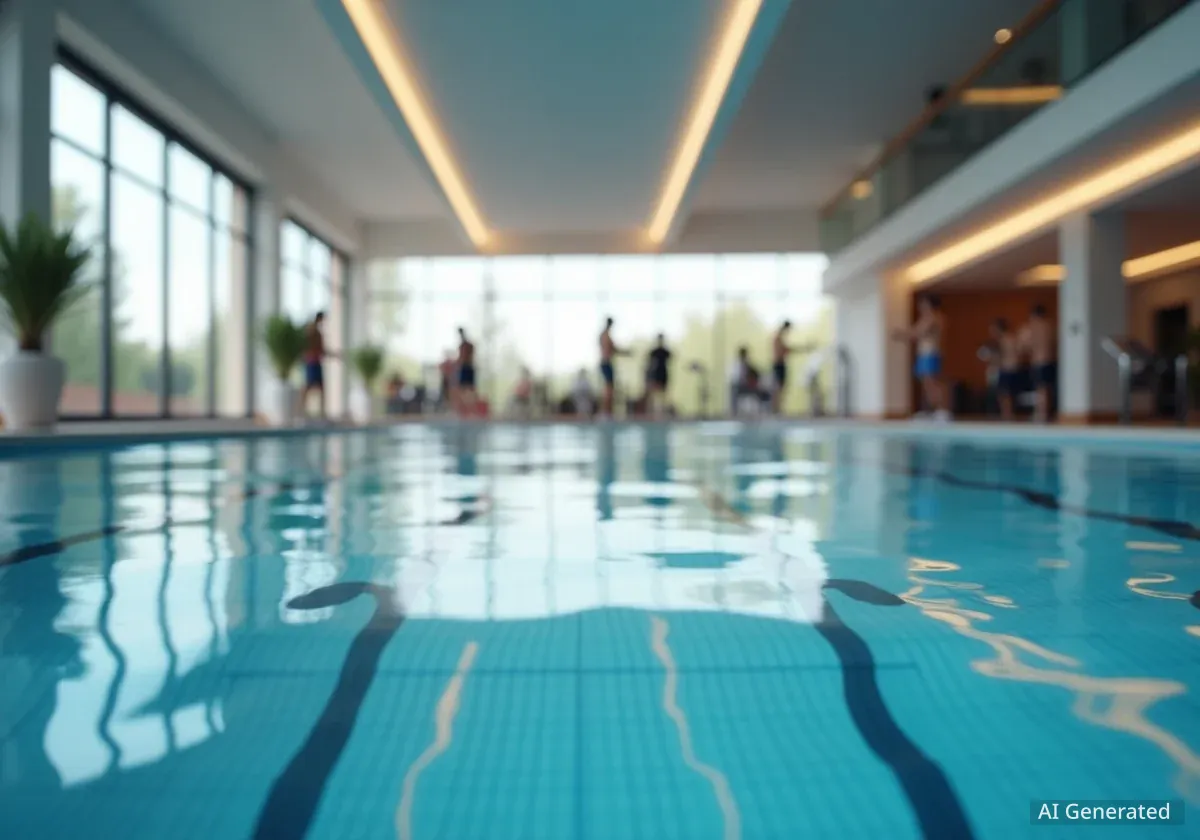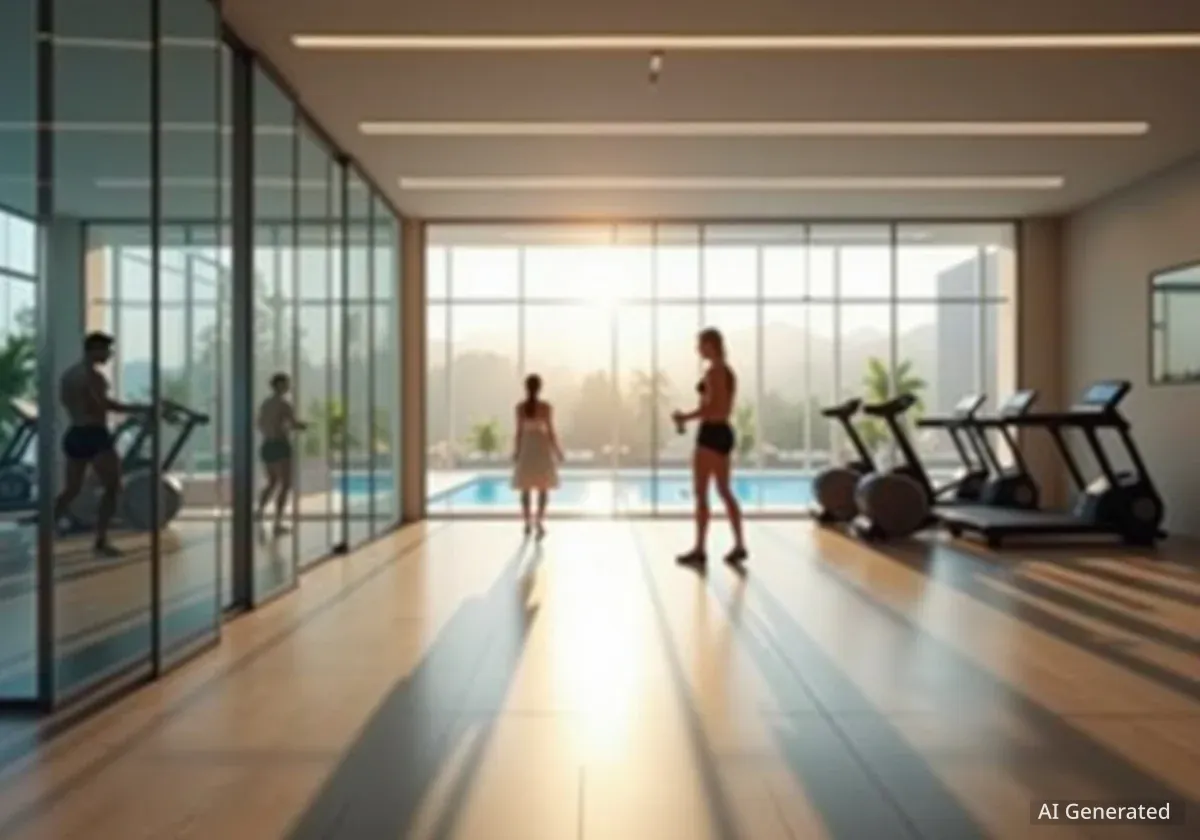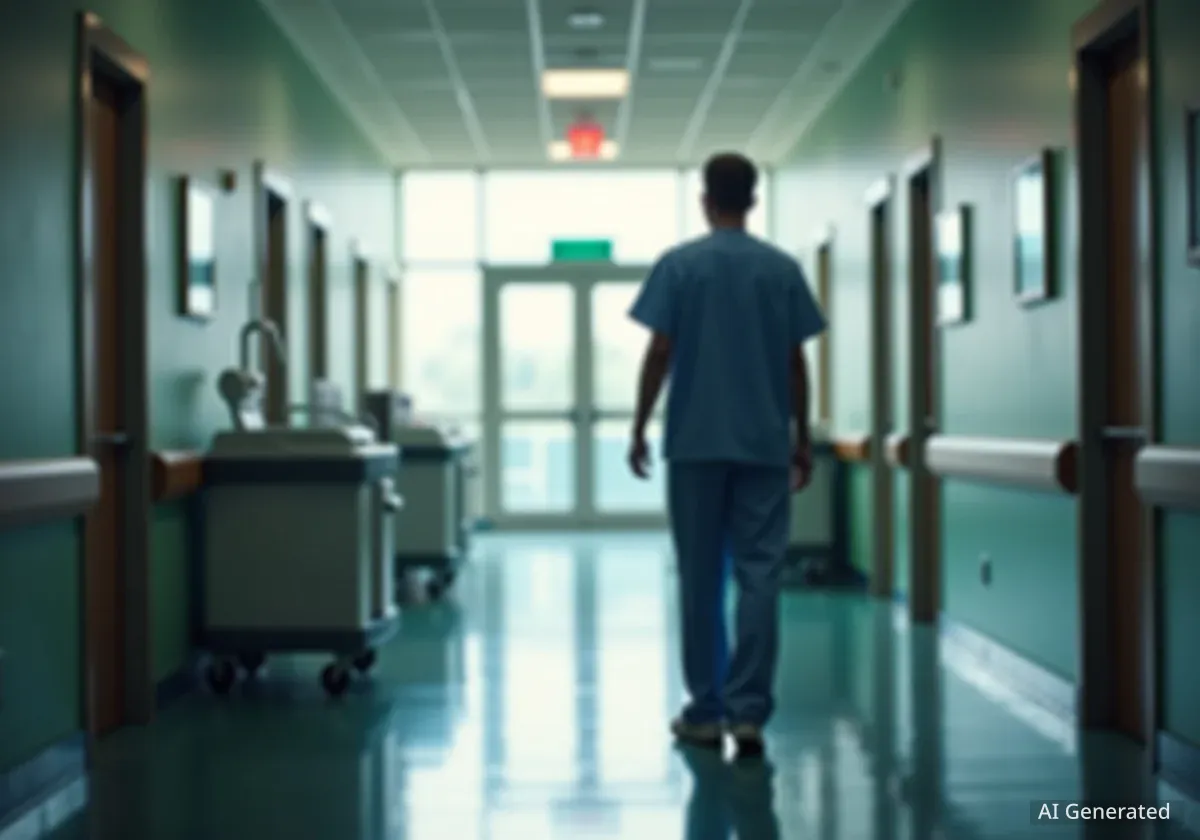A Wirral widow is sharing the powerful story of how her late husband's decision to become an organ donor transformed multiple lives following his unexpected death in 2010. Joanne Caswell, from Bromborough, is now a passionate advocate for organ donation, highlighting the profound impact it can have on families and communities.
Her husband, Karl Caswell, passed away at the age of 46 from a brain haemorrhage. His selfless act of donating his organs gave several people a second chance at life, a legacy his family continues to honour more than a decade later.
Key Takeaways
- Joanne Caswell is sharing the story of her husband, Karl, who became an organ donor after his death in 2010 at age 46.
- Karl's donated organs, including kidneys, liver, pancreas, and heart valves, saved and improved the lives of multiple people, including babies.
- The family had previously discussed organ donation, which made the decision process clearer during a difficult time.
- Currently, 33 residents in Wirral are on the waiting list for a life-saving transplant, while over 142,000 are on the NHS Organ Donation Register.
A Fateful Anniversary
For the Caswell family, February 28, 2010, began as a day of celebration. It was Joanne and Karl's 17th wedding anniversary. However, the day took a tragic turn when Karl suffered a major seizure and was rushed to Arrowe Park Hospital.
Karl had been diagnosed with a rare brain condition in 2005, a diagnosis that had prompted the couple to have important conversations about the future. One of those conversations was about their wishes regarding organ donation, a discussion that would prove crucial years later.
Following the seizure, medical professionals at the hospital determined that Karl had suffered a fatal brain haemorrhage. He was subsequently confirmed to have experienced brain death, a condition where the brain has irreversibly stopped functioning.
The Decision to Give Life
Joanne Caswell, who now serves on the Organ Donation Committee at Wirral University Teaching Hospital (WUTH), explained the significance of this diagnosis. "That’s what made Karl eligible for organ donation," she said. "His body was keeping his organs working long enough for them to be transplanted."
Because they had already discussed his wishes, the family was prepared to honour Karl’s decision. This prior conversation provided clarity and purpose during an unimaginably difficult period, allowing them to focus on the good that could come from their loss.
A Legacy of Hope
Karl's donation was extensive, providing a new chance at life for many. He donated his kidneys, liver, pancreas, eyes, and heart valves. The impact of this gift was immediate and far-reaching, creating what Joanne describes as a "ripple effect" of hope.
"Karl didn’t just die, he gave life. Organ donation is one of the most selfless things a person can do. It creates a ripple effect, it gives someone their life back, and it brings hope to their families, their friends, and everyone around them."
The family later learned about some of the individuals whose lives were changed by Karl's generosity. One recipient was a woman who had been on dialysis for years. She received his kidney and pancreas, and a year later, she was healthy enough to go on holiday abroad, a freedom she had not experienced for a long time.
The Impact of Karl's Donation
- Kidneys and Pancreas: One kidney and his pancreas went to a woman on dialysis, restoring her health and freedom.
- Kidney and Liver: His other kidney and part of his liver were transplanted into a man who was then able to return to the gym and be an active father to his teenage sons.
- Heart Valves: His heart valves were donated to babies in need of life-saving surgery.
- Eyes: His corneas were also donated, helping to restore sight.
Another recipient, a man with teenage sons, received Karl's other kidney and a portion of his liver. The transplant allowed him to get back to the gym and resume his role as an active father. Perhaps most movingly, his heart valves were given to babies, offering the youngest patients a chance at a healthy life.
Inspiring the Next Generation
At the time of their father's death, the Caswell's three sons—James, Sean, and Edward—were just 14, 12, and 8 years old, respectively. The experience profoundly shaped their lives and perspectives. Today, two of the boys have chosen careers in healthcare, inspired in part by their father's legacy and the medical professionals who cared for him.
Joanne's work with the Organ Donation Committee at WUTH allows her to share her family's story to encourage others to have these vital conversations. Her experience provides a powerful, personal perspective on why registering as a donor is so important.
Organ Donation in Wirral
According to the latest figures from the NHS, the need for organ donors remains critical. In the Wirral area alone, there are currently 33 people waiting for a life-saving transplant. While over 142,000 residents are registered on the NHS Organ Donation Register, more are needed to ensure everyone who needs a transplant gets one in time.
Angela Campion-Sheen, a specialist nurse in organ donation at WUTH, emphasized the importance of stories like the Caswells'. "Joanne’s story is a powerful reminder of how organ donation can offer hope in the darkest of times," she stated.
She added, "Sadly, more people than ever are waiting for a life-saving transplant, and every day, someone dies because the organ they desperately needed didn’t arrive in time."
A Lasting Impact on the Community
The leadership at Wirral University Teaching Hospital has also recognized the profound impact of Joanne's advocacy. Janelle Holmes, Chief Executive at WUTH, praised her for speaking out.
"Joanne’s courage in sharing her family’s experience is deeply moving," said Holmes. "Her husband’s legacy lives on in every life he helped save."
The story of Karl Caswell is a testament to the fact that one person's decision can lead to a legacy of life and hope. It underscores the critical importance of discussing organ donation with family, as having that conversation can make an immense difference when it matters most.

